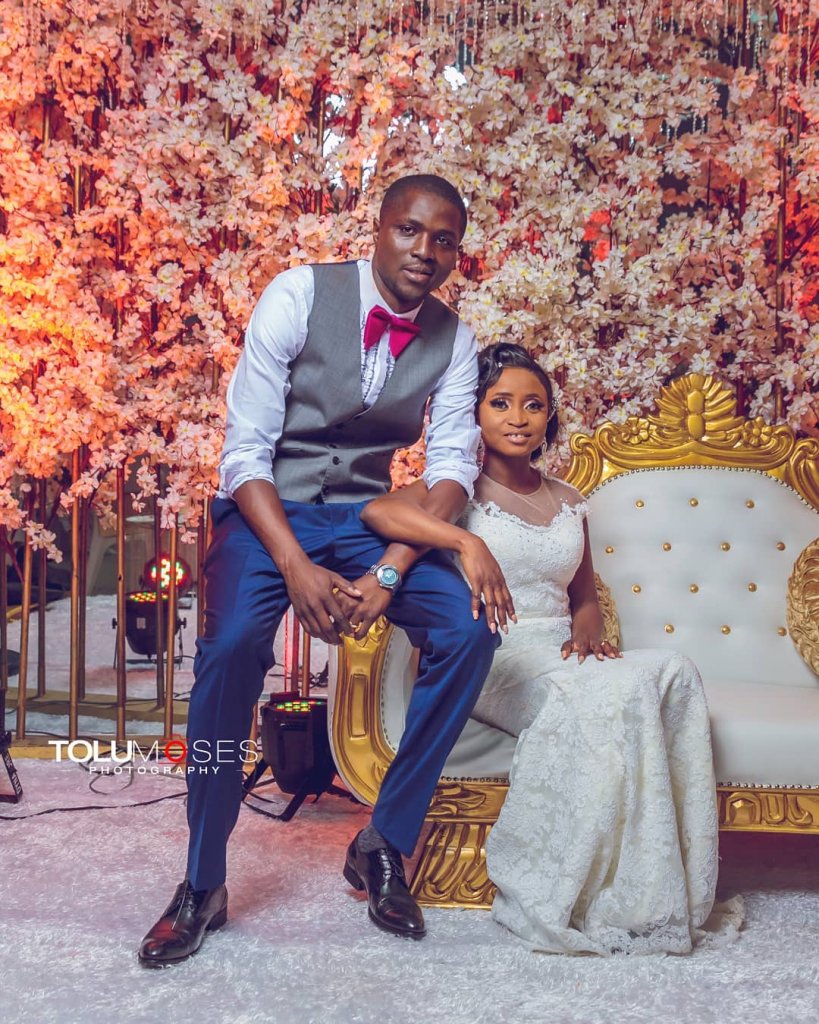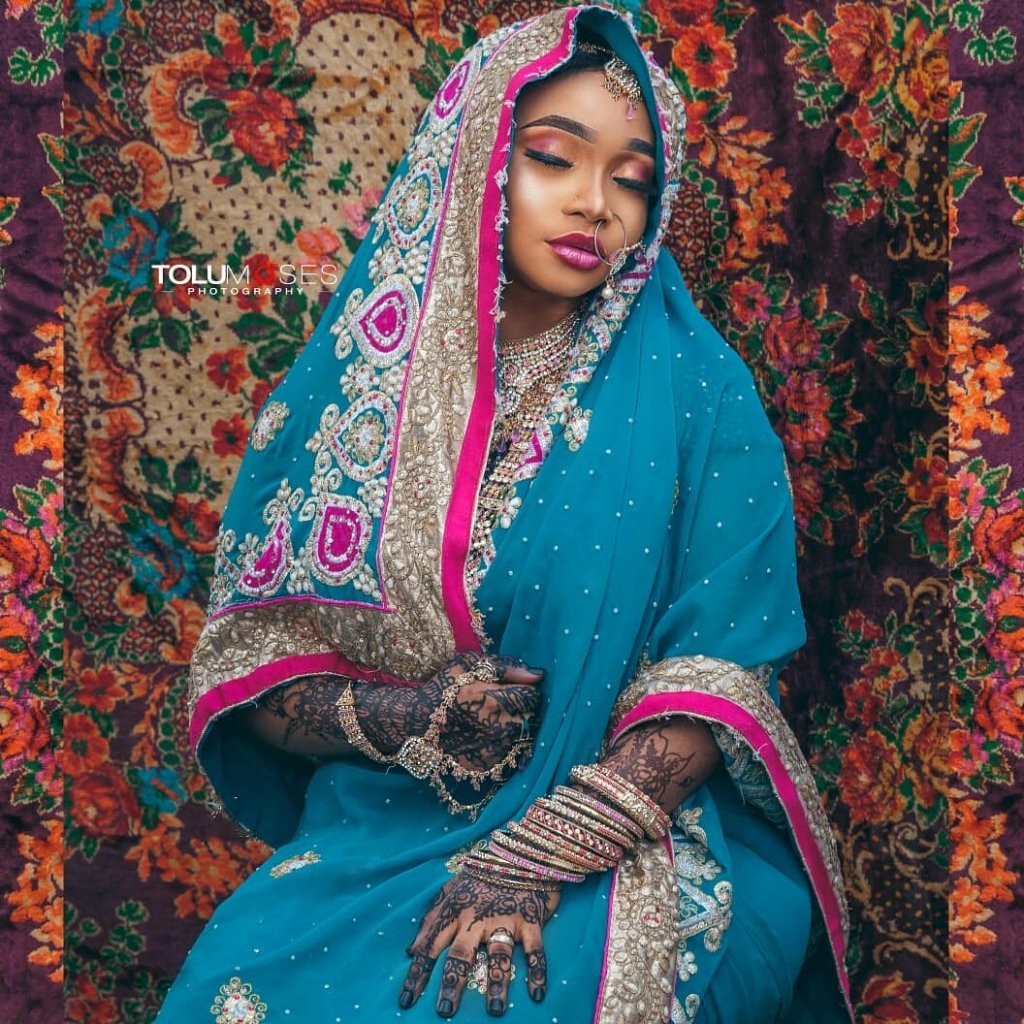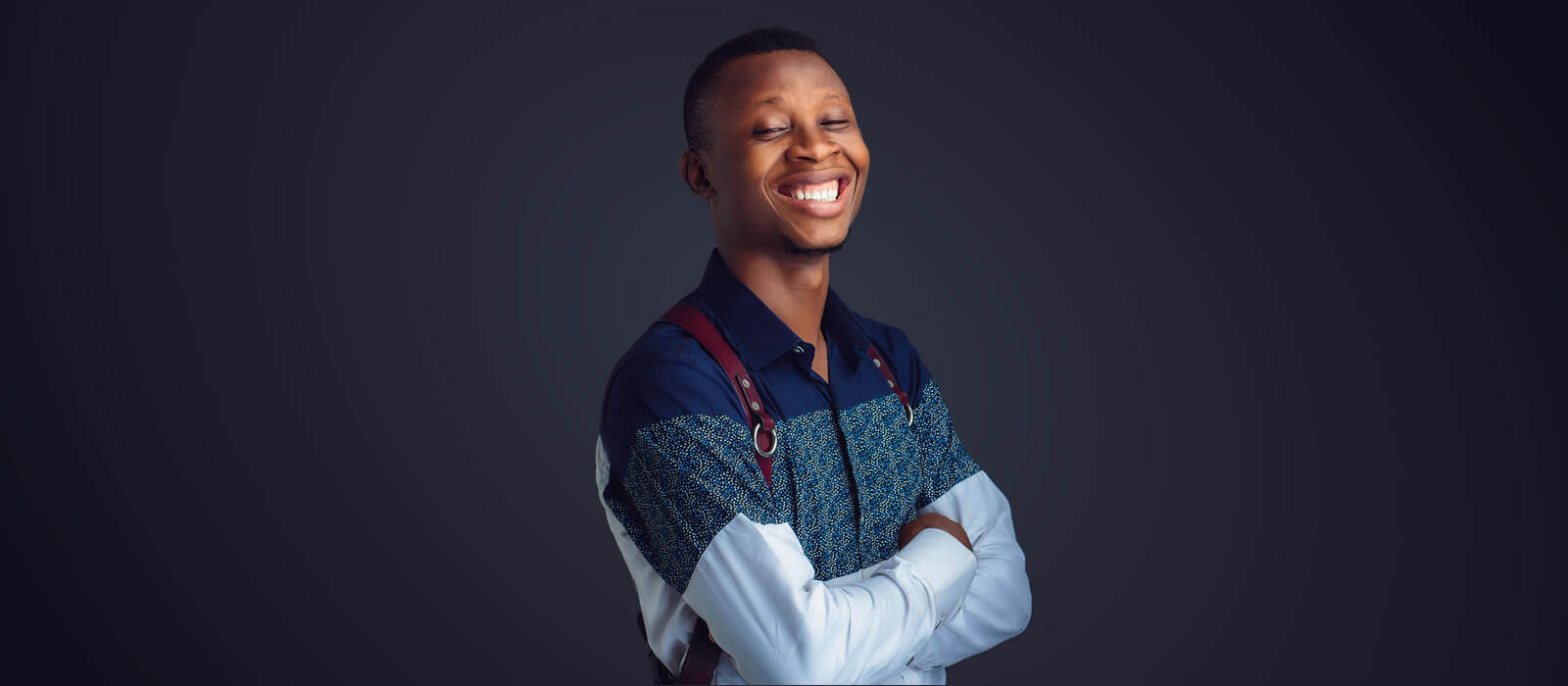Tolu Moses is the Chief Executive Officer of Tolu Moses Photography, a photography company based in Lagos. He shares his experience as a photographer with TOMINA EGBOKWU
When did you start out as a photographer?
I have been taking pictures for five years, but Tolu Moses Photography has been in existence for three years.
What inspired the decision to start the company?
I’ve always had an interest in creative art; so with my background knowledge of graphics, and all the wonderful ways there are to edit digital images, it was natural to combine the two, graphics and photography, into a business that I absolutely love and can’t imagine doing without. Plus, I’ve found that I really enjoy being behind the camera, seeing moments unfold and helping people create memories from my images.
I had already made up my mind that I wanted to be self-employed and start something on my own, though photography was not yet an option. I am a graduate of Graphic Design; I have knowledge of all aspects of graphic which include photography. My first encounter with a professional camera was back in school, for my course assignments, which was an old SLR camera ‘Yashica’. Unlike the present DSLR cameras, this was a non-electronic camera capturing images using the 35mm films which later undergoes image development in the dark room. During my final-year project, I had the opportunity of making use of a DSLR camera to capture images. So, sticking to my decision of being self-employed, I sought out for more knowledge in photography, just as my mentor Mr Shola Animashaun would say, “Knowledge [Know-l-Edge] – is what you know that will give you an edge”
What are the challenges encountered when you started out and how did you tackle them?
Just getting the word out and creating a portfolio was a challenge; as it is, you can’t expect a client to pay you for a job, based on your words without having evidence to show that you are the right person for the job. Before I turned photography into business, I had already started tagging along with event vendors to events, giving me an avenue to capture beautiful moments to add to my portfolio. Presently, due to a lot of hard work and making sure my clients are happy, I got 75 per cent of my clients through referral; the remaining 25 per cent were through social media platforms.

How would you describe the level of patronage since you started?
Due to persistence and determination to keep doing what I love, the level of patronage has increased over the years.
What are some of the qualities that have helped you in your career?
Punctuality, persistence and hard work. I am always ready to learn more, always ready to try something new and working with the right team.
What are some of the important lessons you have learnt in business?
One of the important lessons I learnt in business is setting and sticking to my business policies. I have had to help a client out and not collect the payment upfront, only to have them disappear and never pay? It sounds stupid, I know, but it happened to me a few times in my first year. What else went wrong? I had clients cancel last minute or not show up at all for a shoot because I failed to collect a deposit. This especially hurt during valuable dates in busy seasons. I had clients come back wanting more – more pictures or more editing work – because I didn’t set clear expectations from the start. These are only a few of the problems I ran into. And that was how my first year in business went. I was continuously running into issues that made me want to slam my head into a wall. The thing is: everything that I’ve mentioned and haven’t mentioned is my fault. I failed to put practices in place that allowed me to succeed. Simply putting a policy in place is having a way of doing things to prevent unwanted results in the future.
What is the one thing you wish you knew when you started taking photos?
Sincerely, nothing; I only wish I had started earlier.
What is your view about the photography industry in Nigeria?
I used to think that the idea of photography was always about roadside photographers and passports. There weren’t a lot of popular photographers in Nigeria. Social media wasn’t big then, and people, even photographers, weren’t very active on it. Now, almost everyone is a photographer, which is a good thing. They understand that people actually make money from photography. There is more of respect and people actually understand what we are doing right now.
Do you think young entrepreneurs in Nigeria are getting enough support from the government?
Sadly, no; young entrepreneurs are not getting enough support. I believe there is a lot that can be done to support entrepreneurs.

How do you distinguish yourself in the industry, which seems to be saturated?
Sure, the industry is saturated; the sky is big enough for every bird to fly high and spread its wings.
I approach my images as a storyteller; everyone has a story, whether it is a portrait client or a bride and groom. I want to tell the story so that people who know nothing about my clients can feel connected to them by looking at their images. I like to know and be immersed in the back-story, so that I can bring it full circle when I photograph the main event. I am genuinely interested in my clients and who they are. It is important to me that I represent them properly.
What are some of the pressing issues you would like to see resolved in the industry?
A pressing issue that needs to be looked into is that some photographers do not see or treat photography as a profession. There are many factors that make potential clients see you as a professional; one of it will be dressing for the occasion. It is the way you dress that people will address you.
Knowing what you know now, would you have done anything differently?
Looking back, I’m not sure there are things I would have done differently. I’m where I am today as a result of choices I made.
At Tolu Moses Photography, how do you build and develop talents and motivate people to be at their very best?
Arrogance is always a step backward – when one thinks he knows everything. No one is a body of knowledge; we learn everyday only if you give room for that. I still learn at the job; every new client comes with a new experience.
Where do you see Tolu Moses Photography in the near future?
Tolu Moses photography seeks to become a global brand with strong presence all over the world.
How would you advise young individuals venturing into this kind of business?
As a creative, our work is a reflection of ourselves. We put pieces or all ourselves into our works, which is why rejection feels crippling to many of us. When we hear critique, criticism or rejection, we often feel like failures. At least that is how many of us feel, particularly as we start our journey as a photographer.
One thing I have learnt in my years of photography is that rejection is not failure, and the way to hurt your career is to let rejection hold you back from sharing your works. Always pay attention to where the criticism is coming from.
Passion for the craft is very important because when the going gets tough, you may get discouraged and want to quit. There must be a genuine interest in photography, even though you are in it to make money. Be creative and pick a niche in photography. So many people get it wrong – if you are a wedding or a fashion photographer, stick to it. Find a particular style or pattern to your craft that will make you stand out. And most of all: have fun doing it and learn from every experience.
Who are your role models?
Shola Animashaun and Henry Oji of Big H photography.
Photography is fun but what else do you do to unwind?
I watch movies; I hang out with my friends; and I also play video games.
Get real time update about this post categories directly on your device, subscribe now.



